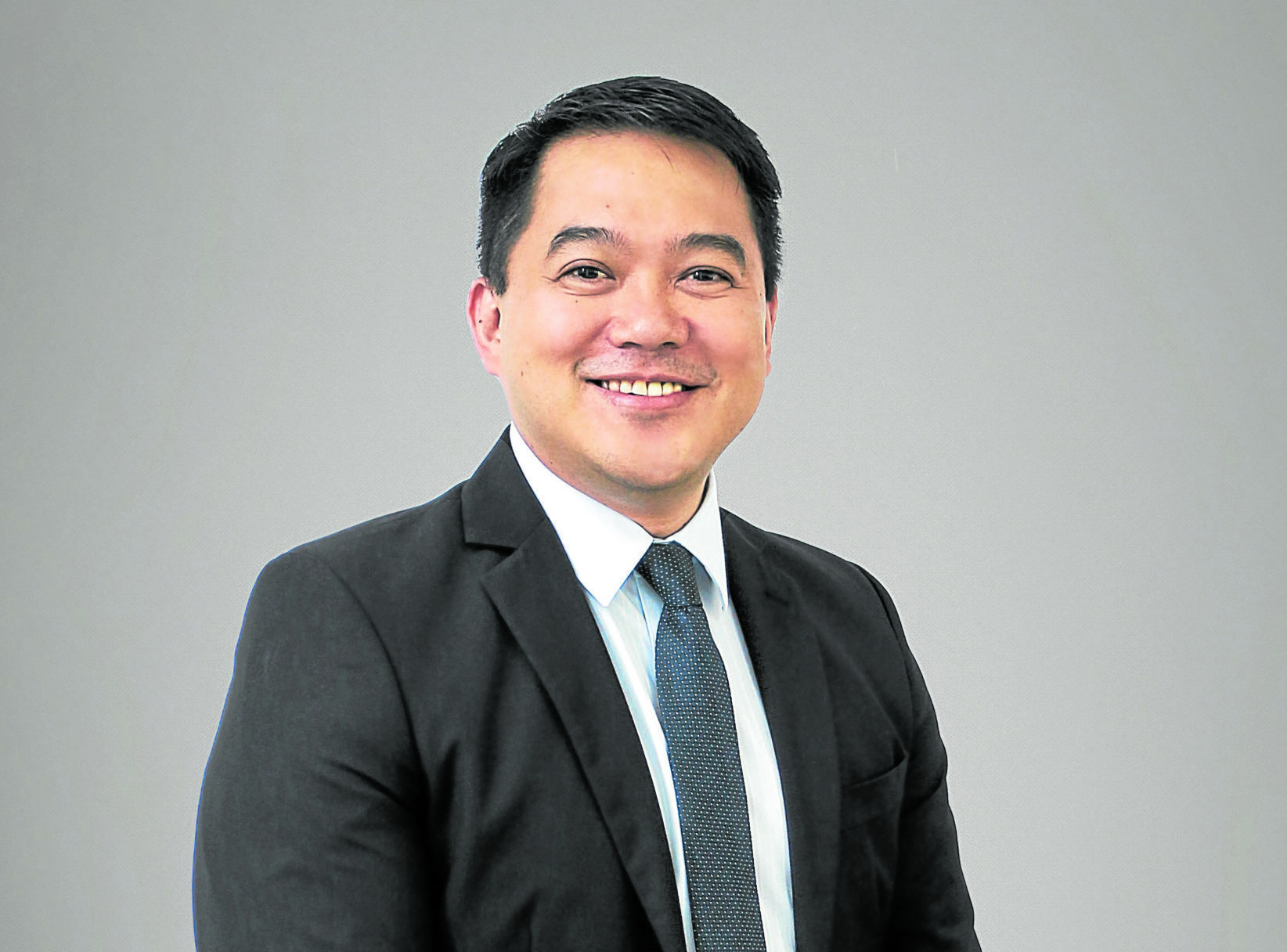The sustainable growth of the micro, small and medium enterprise (MSME) sector in the country rests on the availability and accessibility of funds—be it on hand or through loans—that could help them cater to more clients by increasing inventory levels or expanding business operations.
Specific to microenterprises, some banks, in recent years, have been building up their microfinance operations to unlock better opportunities for the challenged sector.
Despite this, some self-employed microentrepreneurs (SEMEs) remain skeptical. They ask, “Will they grant us a loan?” Or they say, “I don’t think we will get approved.”
These doubts get in the way of them borrowing from banks and instead they continue to borrow from informal lenders, often with very high interest rates. As a result, some SEMEs continue to perform poorly and find it hard to identify opportunities and improvements for their businesses.
BPI Direct BanKo, the microfinance arm of the Bank of the Philippine Islands (BPI), have noted some widespread myths that SEMEs continue to express when they are approached to offer products and services.
What are these myths that concern SEMEs?
Myth 1: “As a small business owner, I cannot grow my business because of limited resources.”
Truth: Many businesses start with small capital. This is the best route especially if the product is new, or the market is small or there are many other businesses offering the same product. The owner can then grow the business gradually to meet increasing demand. If additional capital is needed, the business owner can borrow from family or friends, find an investor, or borrow from a bank.
Myth 2: “If I borrow money, my income will just go to paying debt and loan interest.”
Truth: The business owner should be careful when choosing where to borrow. There are many informal lenders who charge very high interest rates, which can cut income very significantly. When borrowing, the owner should make sure that the incremental income derived from the additional capital is higher than the interest to be paid on the loan. When choosing where to borrow, it is best to approach a credible institution that is formally organized to extend loans.
Myth 3: “Banks will not entertain my application because of the small amount involved. Bank loans are only for big businesses or those who can afford it.”
Truth: There are some banks that provide loans specifically to microenterprises or small businesses. BanKo is the microfinance arm of BPI and we offer loans and services to help SEMEs grow their businesses by extending loans for additional capital. The types of businesses that avail themselves of these loans are “sari-sari” stores, market stalls, auto repair services, tailor shops, “carinderias,” bakeries, furniture and furnishings stores, agribusinesses, and many other small businesses. One can get a loan as low as P25,000 for additional capital, or as much as P300,000.
Myth 4: “There’s just too many requirements needed to apply for a loan. I don’t have a house and lot to offer as collateral.”
Truth: It’s very easy to apply for BanKo’s NegosyoKo Loan. The requirements are simple: business permit or barangay permit, valid ID and a utility bill. There is no collateral requirement if the loan amount is less than P150,000.
Myth 5: “I’m scared to borrow money from a bank.”
Truth: Banks don’t bite. We are here to help enterprises grow. Our [people] even go out on the field to seek out and talk to microbusiness owners and help them with the application process, as well as provide financial advice. As an institution that is regulated and supervised by the Bangko Sentral ng Pilipinas, clients can also be assured that rates and business practices are for the benefit and interest of the self-employed microentrepreneur.
If you have a small business, don’t be intimidated to apply for a loan. There is no harm in trying. Just imagine having enough capital to sustain and expand your business when needed. This is the reason banks exist—to help people attain financial freedom.
Business owners must understand that by taking advantage of services from reputable financial institutions, they are making their businesses more resilient and sustainable.
Now, our role is to make the business environment more favorable for them—the SEMEs—by increasing their capacity to hit a home run. —CONTRIBUTED INQThe author is BanKo head of Financial
Inclusion and Microfinance Solutions.
